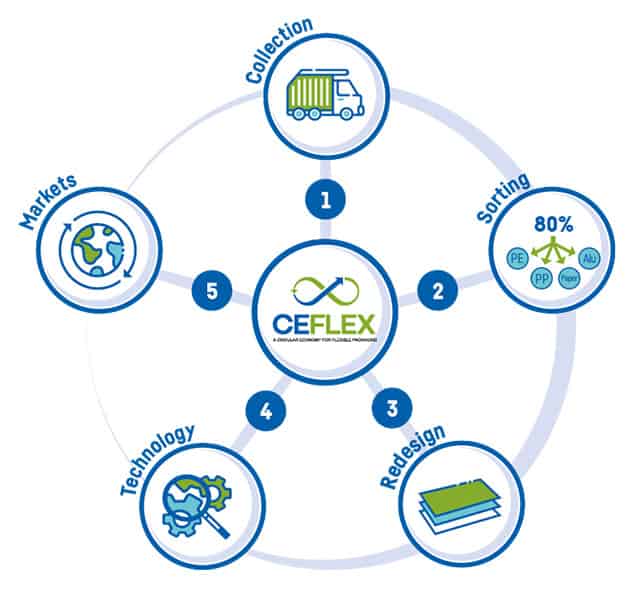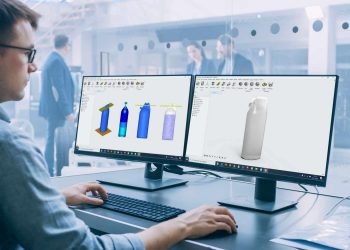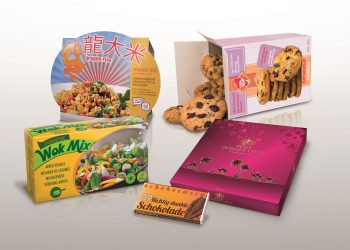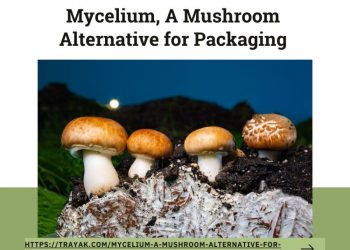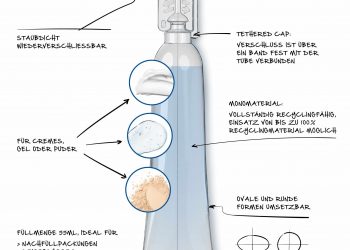CEFLEX and partners PCEP, Petcore Europe, Styrenics Circular Solutions and MORE Recycling team up to understand the reality of today’s collected household packaging waste – a vital step forward towards a circular economy for packaging materials.
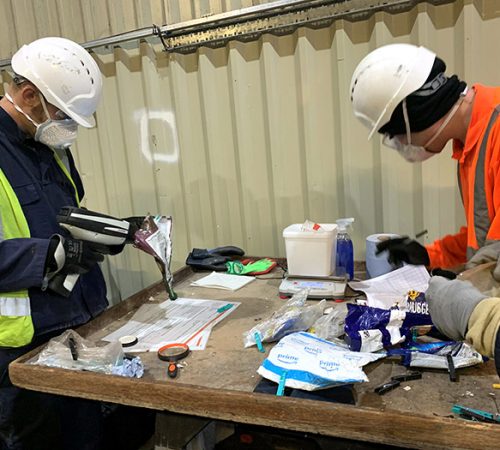 NIR technology was used to support the compositional analysis - CEFLEX
NIR technology was used to support the compositional analysis - CEFLEX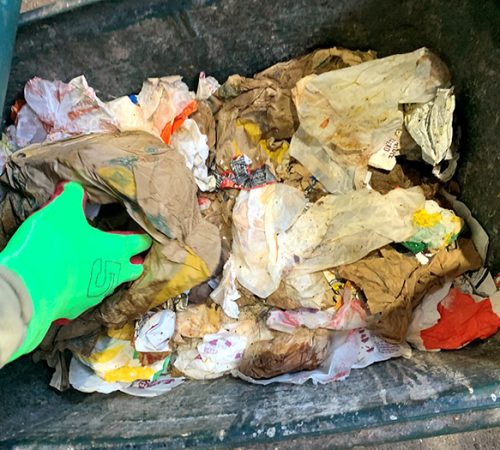 Study of plastic packaging waste helps to deliver a circular economy - CEFLEX
Study of plastic packaging waste helps to deliver a circular economy - CEFLEX
Hailed as Europe’s first in-depth analysis of its kind, the resulting data aims to reveal the amounts and types of post-consumer flexible and rigid plastic packaging, in the two main waste streams in which it is collected. Sharing the findings of the study is expected to define and deliver a circular economy for all packaging materials.
The amount of how much packaging is placed on the market is only half of the story. So, a better analysis of packaging used by consumers and collected through waste streams is needed. This will help to define and accelerate development of the required infrastructure, systems and end market applications, which are required to enable progress in delivering a circular economy.
The study has been initiated by CEFLEX (Circular Economy for Flexible Packaging) in collaboration with the other key partners in the plastic packaging value chain – Polyolefin Circular Economy Platform (PCEP), Petcore Europe, Styrenics Circular Solutions and MORE Recycling. It covers all types of consumer packaging found in today’s households – everything from wrappers, bags and pouches to bottles, trays and tubes – across key European markets.
The analysis is being conducted by leading environmental consultancy Resource Futures. Researchers are manually sorting, identifying and weighing representative samples, then attributing the collected waste packaging to nearly 200 categories. In addition, the team maps where packaging appears in the recyclables or residual waste streams and use Near Infrared technology to give a detailed breakdown of polymer types.
“This is vital information about how material flows through the system today – and what collection, sorting and recycling solutions are required to deliver a circular economy for flexible packaging and other packaging materials,” said Graham Houlder, CEFLEX Project Coordinator.
“Initial results from the first country studied show significant quantities of recyclable materials remaining in the mixed waste stream, suggesting the need to improve the capture and re-use of these materials,” he added.
These types of insights can help Extended Producer Responsibility (EPR) and other schemes to pinpoint what is needed to go ‘circular’ and fine tune eco-modulation. This will encourage the design of flexible packaging which boosts the amount of recycled content in a variety of end market applications, according to CEFLEX.
Venetia Spencer, Secretary General, PCEP, commented, “I am very excited by this project, which already in the early stages has brought enormous insight. Accurate understanding of the polyolefins collected via recycling and residual household waste streams, will play an important role in delivering PCEP’s commitment to enhance collection and sorting of polyolefins.”
Capture and capitalise on real-world material flows
Initial results of the first country analysis (UK) showed:
> 4595kg of material was manually sorted and categorised at two sites; of which 3240kg was residual waste and 1355kg was separately collected recyclables.
> 66.5% of flexible packaging found in the residual waste samples was categorised as recycle ready mono-material – this includes mono-PE, mono-PP, mono-PET, mono-paper and mono-aluminium.
Summary: currently there is a significant amount of ready-to-recycle flexible packaging appearing in residual waste samples, where it unlikely to be successfully returned to the economy and used again.
The research will analyse and compare the composition of flexible and rigid plastic packaging found in post-consumer household waste and recycling streams in seven key European markets. Fieldwork at two SUEZ sites in the UK took place in December 2020 and work on samples of waste from France, Germany, Italy, Netherlands, Poland and Spain is scheduled to take place in Spring 2021.
Ends
Notes to editors
The Circular Economy for Flexible Packaging (CEFLEX) initiative is a collaboration of over 160 European companies, associations and organisations representing the entire value chain of flexible packaging. Together, we work to make all flexible packaging in Europe circular by 2025. More information, see: https://ceflex.eu/
The Polyolefin Circular Economy Platform (PCEP) is a forum for all organisations and stakeholders in the polyolefin value chain to exchange ideas, showcase projects and work together to maximise innovation and value, so advancing the circular economy. PCEP is committed to transforming from a linear to a circular economy based on three principles; designing out waste; keeping products and materials in use; and recycling into high-quality new raw materials. More information, see: https://pcep.eu/
Petcore Europe is the association representing the complete PET value chain in Europe since 1993. Its mission is to ensure that the entire PET industry is well aligned to enhance its value and sustainable growth, to represent the PET industry before the European institutions and other stakeholders, to ensure that PET is positioned as an outstanding packaging material and recognised as environmentally sound, to support and validate innovative packaging solutions from a recycling perspective, and to work with all interested parties to ensure a continuous increase of PET post-consumer collection and recycling. More information, see: https://www.petcore-europe.org/
Styrenics Circular Solutions is the value chain initiative to increase the circularity of styrenics. The initiative engages the entire value chain in the development and industrialisation of new recycling technologies and solutions. It aims to strengthen the sustainability of styrenic products while improving resource efficiency within the circular economy. More information, see: http://styrenics-circular-solutions.com/
The Plastic and Laminate Squeeze Tube Recycling Project, managed by MORE Recycling, has funders from across the value chain that are seeking to collaborate with key stakeholders to ensure a path to recyclability for plastic and laminate squeeze tubes. The primary intent of the project is to gather and provide clear understanding of design of recycling requirements and to work through key barriers and solutions related to the collection and sortation of appropriately designed tubes in Europe. More information, see https://morerecycling.com/
Resource Futures is an employee-owned, independent environmental consultancy with a 30-year heritage in the waste and resources sector. Our services are designed to realise our vision of a sustainable world, with a focus on designing out waste and pollution, keeping products and materials in use and supporting and regenerating natural systems – a world designed according to circular economy principles.
- Website: co.uk
- Twitter: @resourcefutures
- Facebook: /resourcefutures
- LinkedIn: https://www.linkedin.com/company/resource-futures
Quotes
“I am very excited by this project, which already in the early stages has brought enormous insight. Accurate understanding of the polyolefins collected via recycling and residual household waste streams, will play an important role in delivering PCEP’s commitment to enhance collection and sorting of polyolefins. This is a critical step to keeping these valuable materials in the circular economy and out of the environment. We are very happy to be partnering with CEFLEX, Petcore, SCS and More Recycling to develop this data for the full packaging value chain.”
Venetia Spencer, Secretary General, PCEP
“Being a part of this study allows us to gather data about what kinds of plastic squeeze tubes are in the recycling and residual waste streams and how this packaging format compares with other plastic packaging in both streams. As we look to increase recyclable packaging and recycling overall, data on the packaging and products currently in the recycling and residual waste streams is critical to aid in our path forward.”
Stacey Luddy, COO, MORE Recycling
CEFLEX is the collaborative initiative of a European consortium of companies and associations representing the entire value chain of flexible packaging.
The CEFLEX Mission is to further enhance the performance of flexible packaging in the circular economy by designing and advancing better system solutions identified through the collaboration of companies representing the entire value chain.

